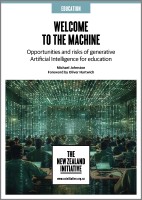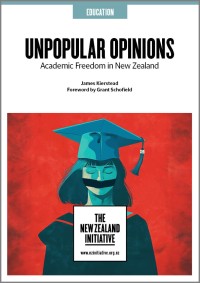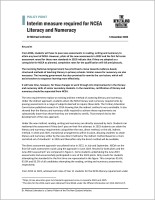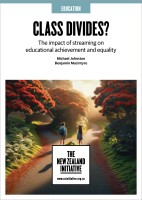Education
The importance of education to our country’s future and to people’s prosperity, self-expression and democratic participation is universally accepted in politics and academia. However, there are trends in New Zealand’s education system that are deeply worrying.
Over the past two decades, our international education rankings have been steadily declining. Even more concerning that we have also declined relative to our own position 20 years ago.
According to the OECD’s Programme for International Student Assessment (PISA), one in five of New Zealand’s 15-year-olds does not have sufficient reading competence to enter the workforce, to further their education, or to productively participate in society. The most recent results from The National Monitoring Survey of Student Achievement show that only a third of Year 8 students meet curriculum expectations in writing. Less than half met the expectations for mathematics and just over half meet expectations for reading.
Meanwhile, we have a school curriculum that elevates nebulous competencies above rigorous academic knowledge. We have a qualifications system that fragments teaching and learning. Many of our classrooms have been turned into massive open-plan environments without evidence of the impact on children’s ability to learn.
New Zealand’s goal should be to provide every child access to a world-class education system.
Additionally, Professor Elizabeth Rata of the University of Auckland has recorded four sessions for The New Zealand Initiative on how to design a Knowledge Rich School Curriculum using the Curriculum Design Coherence Model. To view her presentations, click here.










